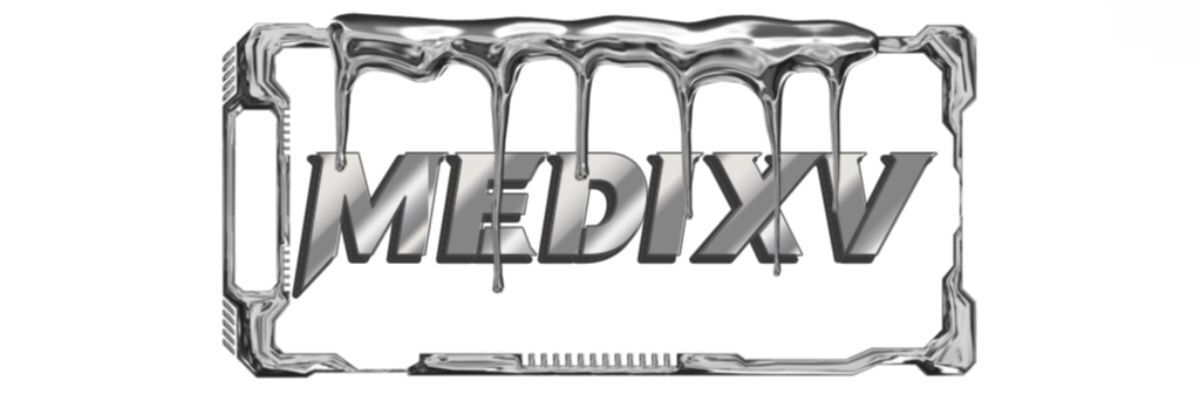Ethanol Supplier Insights: Key Trends to Watch in 2025
The ethanol industry is undergoing significant changes as we approach 2025, driven by shifts in consumer behavior, advancements in technology, and evolving regulatory landscapes. For businesses involved in ethanol supply, understanding these trends is crucial for staying competitive. Here are the key insights to keep in mind:
Are you interested in learning more about Ethanol Supplier(ta,th,tr)? Contact us today to secure an expert consultation!
1. Shift Towards Sustainable Practices
With increasing awareness surrounding climate change, sustainability has become a top priority for consumers and businesses alike. Ethanol suppliers will need to:
- Implement eco-friendly production processes that minimize environmental impact.
- Utilize feedstocks that are sustainably sourced and have a lower carbon footprint.
- Adopt certifications that validate their commitment to sustainable practices.
2. Innovation in Production Technologies
The ethanol supply chain is poised for innovation as new technologies emerge. Key advancements expected by 2025 include:
- Enhanced fermentation processes that increase yields.
- Biotechnology applications that optimize feedstock conversion.
- Integration of advanced analytics and AI to streamline operations.
3. Growth of the Biofuels Market
As governments push for greener energy solutions, the biofuels market is set to expand significantly. Ethanol suppliers should watch for:
- Increased demand from the transportation sector for cleaner fuels.
- Policies that promote the use of renewable biofuels at state and federal levels.
- Investments in infrastructure to support the distribution of biofuels.
4. Changing Consumer Preferences
Consumer attitudes are evolving, with a noticeable shift towards environmentally conscious choices. Key points include:
- The rise of alternative fuels, prompting suppliers to diversify their product offerings.
- A demand for transparency regarding the sourcing and production of ethanol.
- Greater inclination towards brands that practice corporate social responsibility.
5. Regulatory Developments
Regulations surrounding renewable energy and emissions will continue to evolve. Ethanol suppliers must stay informed about:
- Changes in federal and state mandates for renewable fuel standards.
- Incentives for production and use of ethanol as a cleaner energy source.
- Potential challenges related to carbon pricing or emissions trading systems.
6. Strategic Partnerships and Collaborations
To navigate the complexities of the market, strategic collaborations will be vital. Suppliers should consider:
- Partnerships with agricultural producers to secure sustainable feedstock.
- Alliances with research institutions to develop advanced production methodologies.
- Collaborations with automotive companies to promote ethanol as a fuel choice.
7. Global Market Dynamics
Finally, ethanol suppliers should keep an eye on global trends that may impact their business. Important factors to observe include:
- International trade policies affecting the import and export of ethanol.
- Global demand for renewable fuels as countries commit to emission reduction targets.
- Emerging markets where ethanol usage is expected to rise dramatically.
By understanding and adapting to these trends, ethanol suppliers can position themselves to thrive in the evolving landscape as we head toward 2025.
If you are looking for more details, kindly visit Hydrochloric Acid Solution.


Comments
0